Book Review: Lessons in Chemistry by Bonnie Garmus
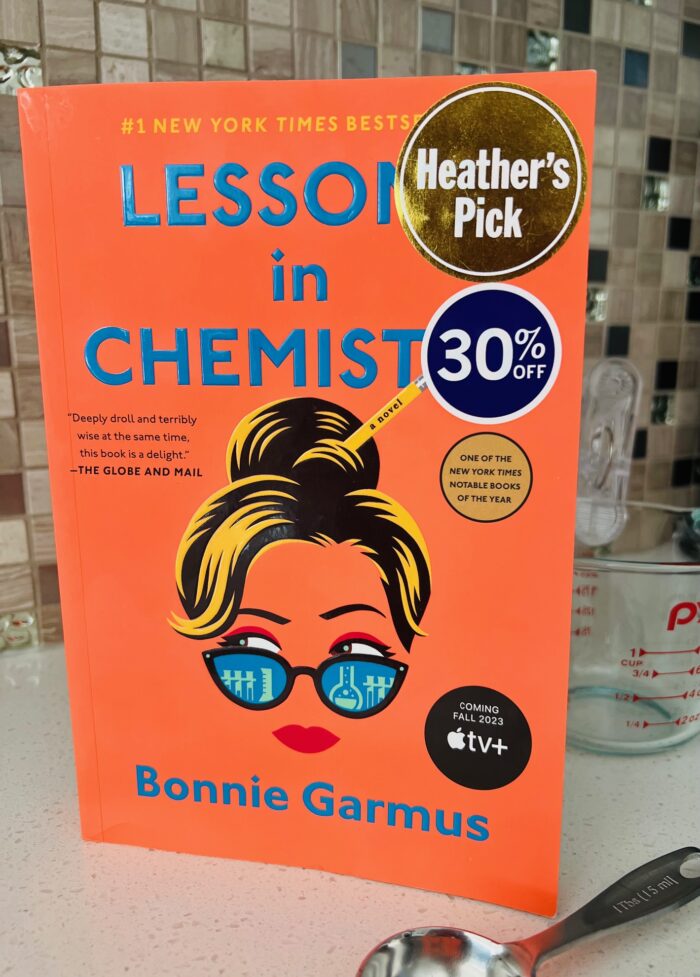
Every once in a while, a case of bookish FOMO hits me (fear of missing out). After browsing various book stores with the neon cover of Lessons in Chemistry by Bonnie Garmus constantly staring back at me, I finally bought myself a copy and read it, eager to see what all the fuss was about. Books that typically reach critical and commercial success like this are most often a great read, and this one is no different. It was funny, it was emotionally heartfelt, and it was the perfect length. I’m glad I finally read it, so if you’re one of those people who still haven’t gotten around to it – here’s your sign that you need to do it now.
Plot Summary
Elizabeth Zott is working as a chemist in the 1950s and early 1960s. Not many women are working at that time, most are stay-at-home mothers, even fewer working in science labs, and Zott’s male colleagues don’t let her forget that. She is a brilliant scientist, but has fought her way to this position after facing a myriad of challenges being a young attractive woman in the industry. Even still the men in her lab take advantage of her, often passing off her work as theirs, and scolding her when she’s not immediately amenable to typing up everyone’s notes or making their coffee. She then meets another brilliant male scientist and they fall deeply, madly in love. Fast forward a few years and Zott is a single mother, struggling to pay the bills after losing her job. She doesn’t have any friends, but a woman across the street takes pity on her, and steps in to assist as Elizabeth stumbles onto another career path; the host of a cooking show. An incredible cook, Zott is adamant that cooking is only chemistry, and her show becomes a hit as she speaks to woman as if they are adults, encouraging them to learn chemistry as they cook, and offering a different world view that has never been seen on national television. Zott shatters gender biases as she goes, but she is villainized in the process. The small cast of characters is rounded out by her male producer Walter Pine, and Zott’s faithful and highly intelligent dog, Six-Thirty. We have an omniscient narrator so occasionally hear the inner thoughts of the peripheral characters, which adds an another entertaining twist to the story of Elizabeth Zott.
My Thoughts
Zott’s characterization is what propels this plot forward. She doesn’t have any friends because she is so literal, and takes everything very seriously. When she discovers she is pregnant, she rips out her kitchen and puts in a chemistry lab so she can perform experiments and cook at the same time. Other women resent her because she’s such an incredible cook, and she’s so beautiful, and men both want her, and want to belittle her, and so many unfair things happen to Zott throughout the book it’s almost hard to believe (almost, but it never veers into the unbelievable). Zott’s quirks then shape her relationship to the stray dog she adopts, Six-Thirty, which was mine, and likely everyone else’s favourite character. We can hear his thoughts, which are always funny, because a dog’s honest observations about humans are ripe for humour. With all the misfortune Zott experiences in her life, her dog’s extraordinary help comes as a welcome reprieve, even if he’s going above and beyond for any animal. Most characters in this book can be split into two categories; those who want to help Zott, and those who want to hurt her. But when we hear their inner perspectives, it always comes down to a person’s inner selfishness or worldview that directs their actions, so it’s difficult to see anyone as a true villain (although some are just annoying).
If I had to compare this to other books, it reminded me alot of How the Penguins Saved Veronica by Hazel Prior, or Where’d You Go Bernadette? by Maria Semple. All three of these books use an odd main character to provide humour, but also point out the absurdities of modern day life, and our society’s expectations within that. The stranger they act, the stranger our world seems around them, because it forces us readers to question the social norms they are breaking, and why these social norms even exist. This is why so many of these books are described as “wise”, because they succeed in making bold observations about the world, but in a lighthearted, non-didactic way. The lessons are easy to understand, and easy to absorb.
I’m glad I bowed into the FOMO pressure this time, as I did enjoy this book, like many others who have read it. Let me know in the comments if you’ve read this one, and whether you liked it or not.


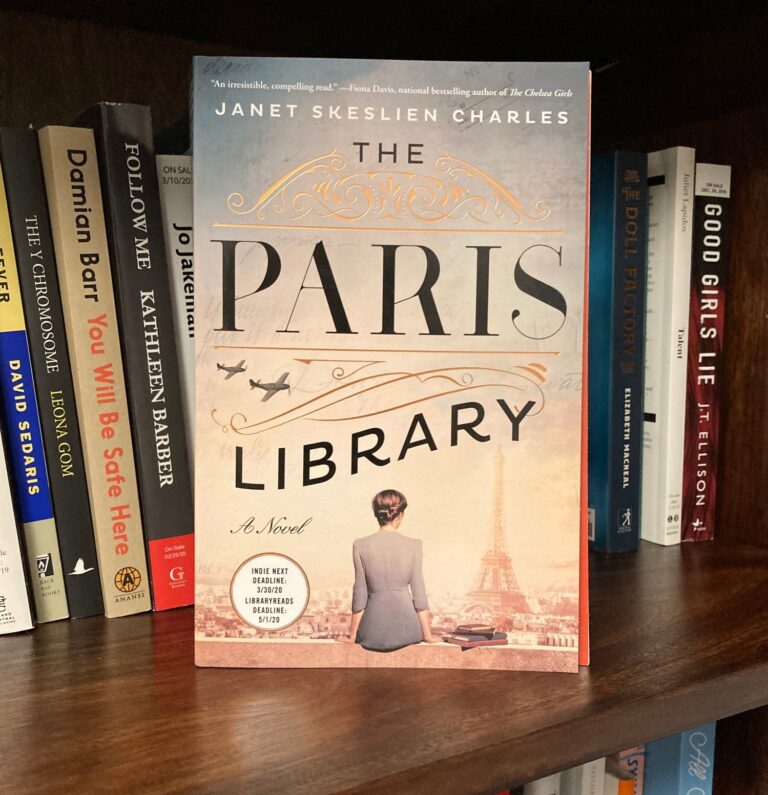
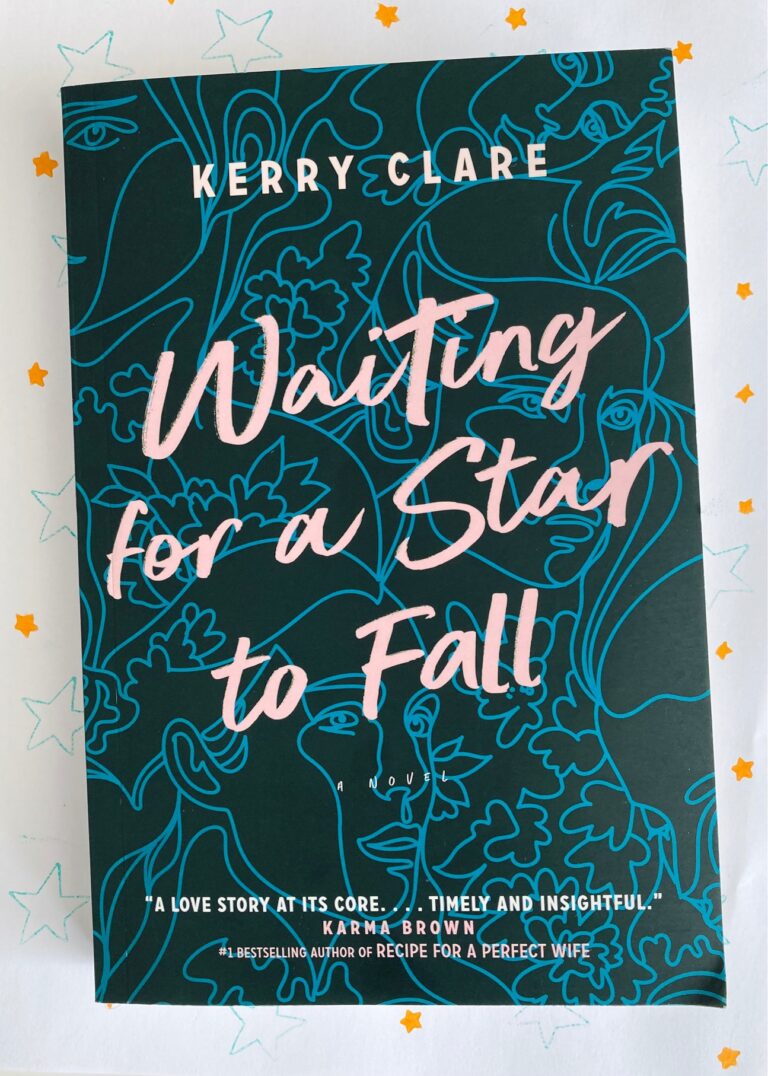
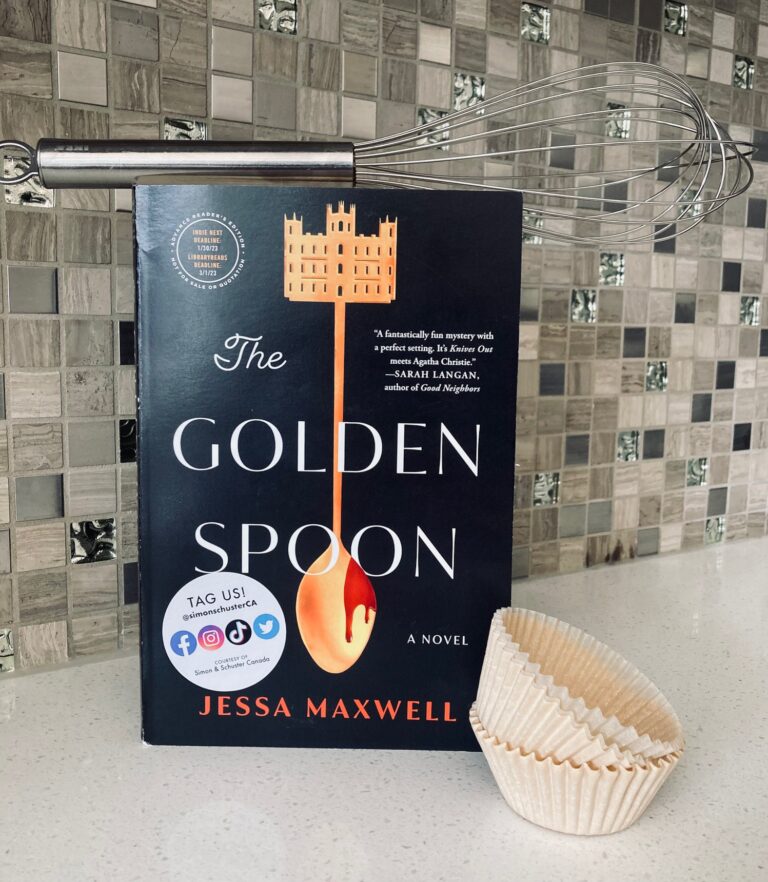
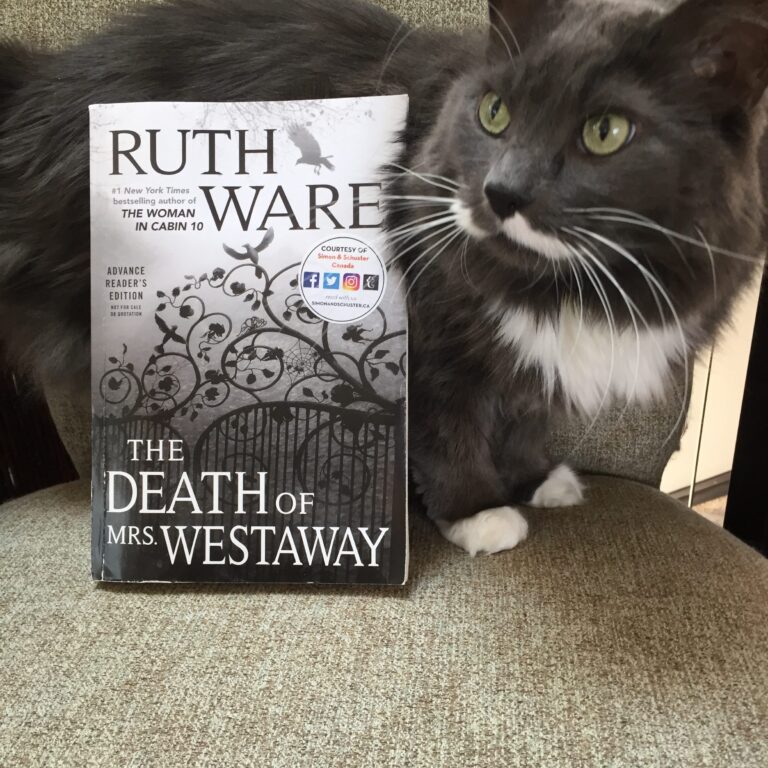
I haven’t read this yet, but it’s coming up at some point on our Literary Wives list, so I’m looking forward to it!
It’s a fun read, the book club will love it!